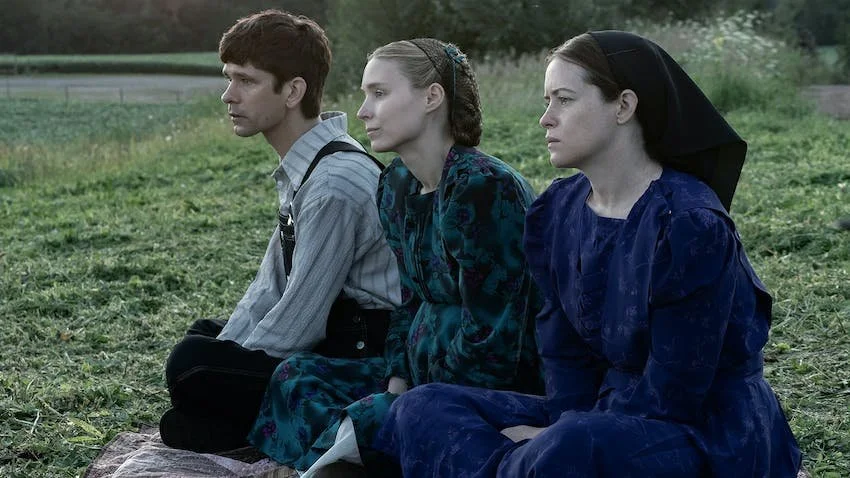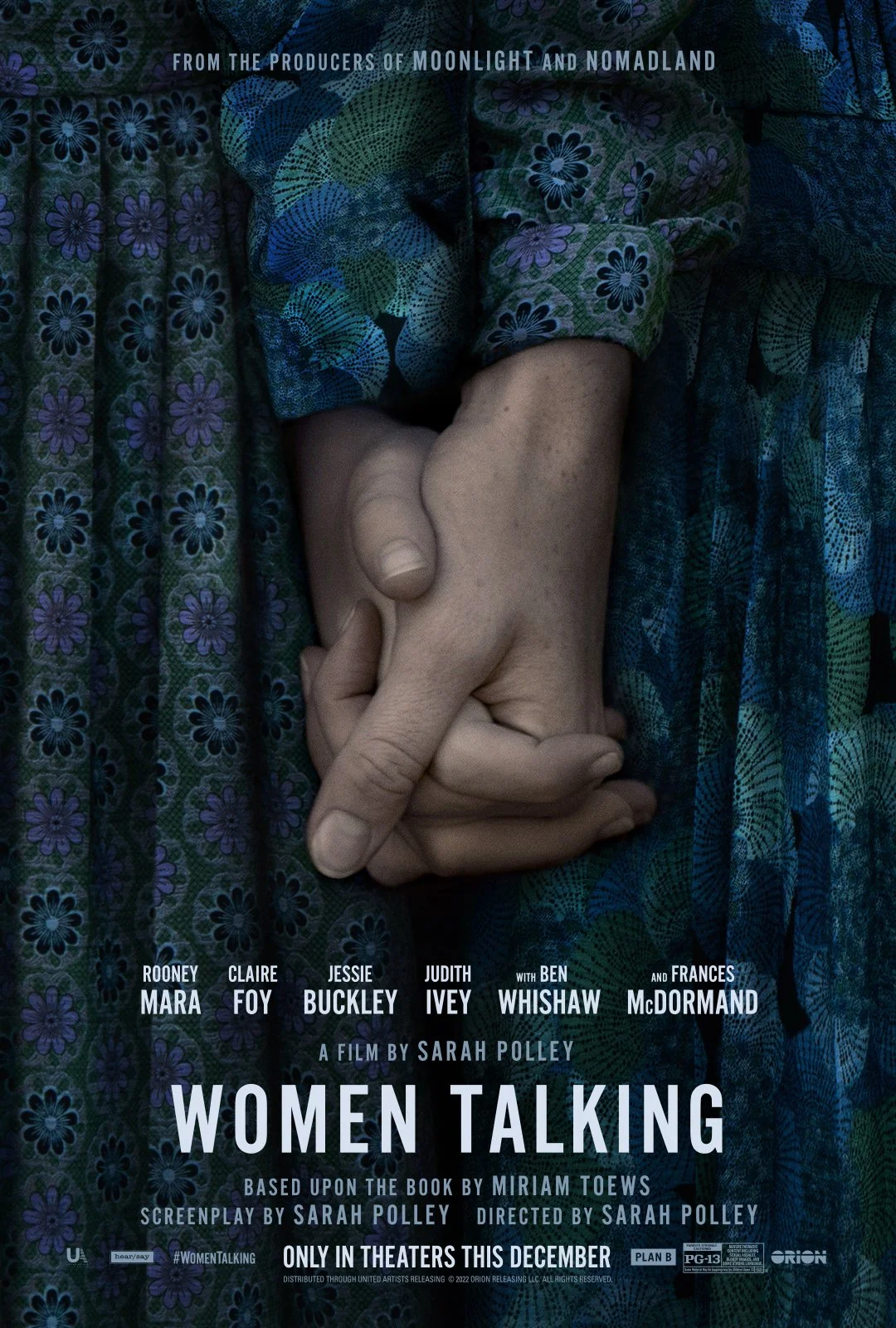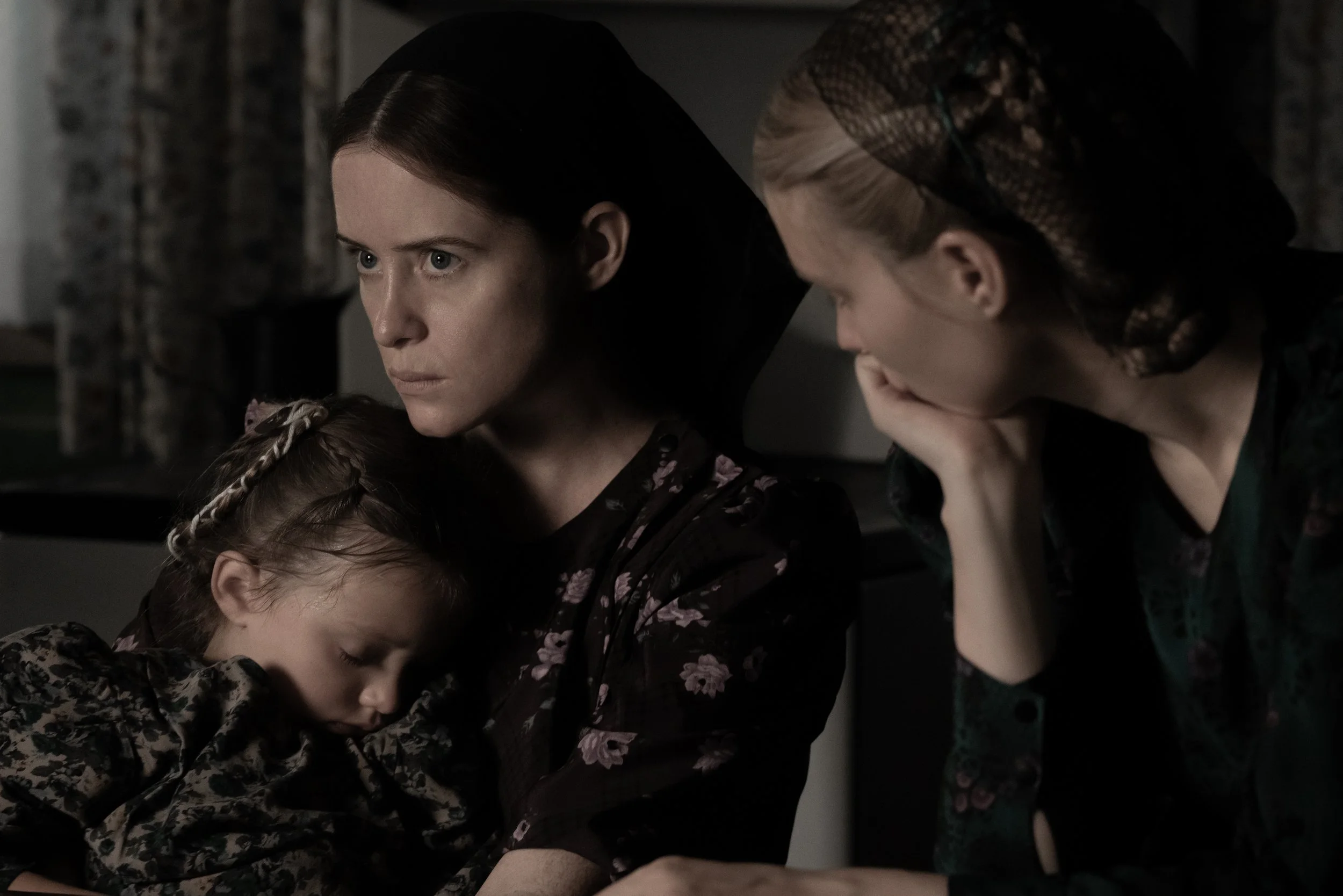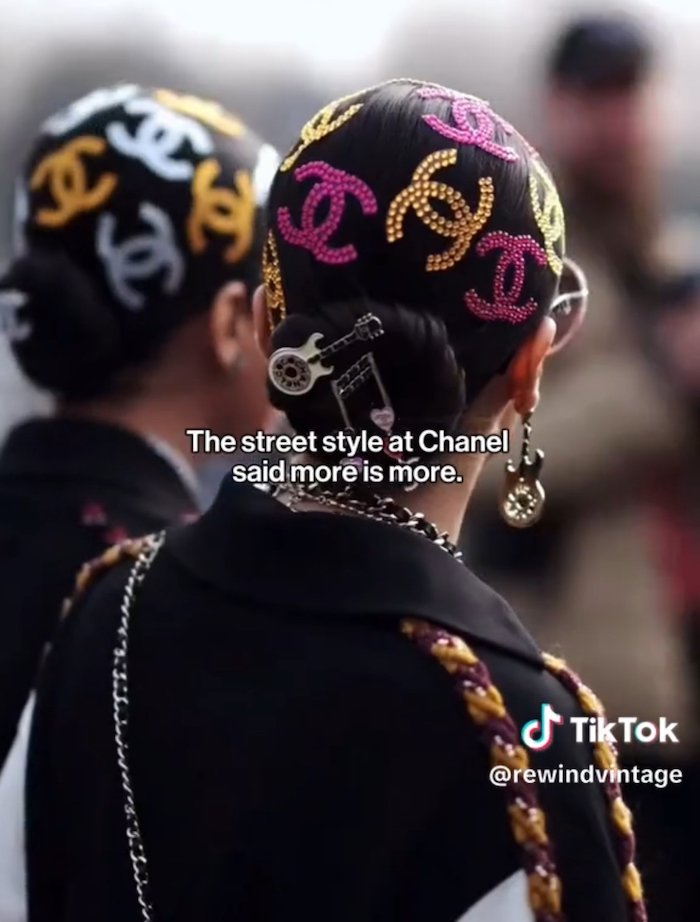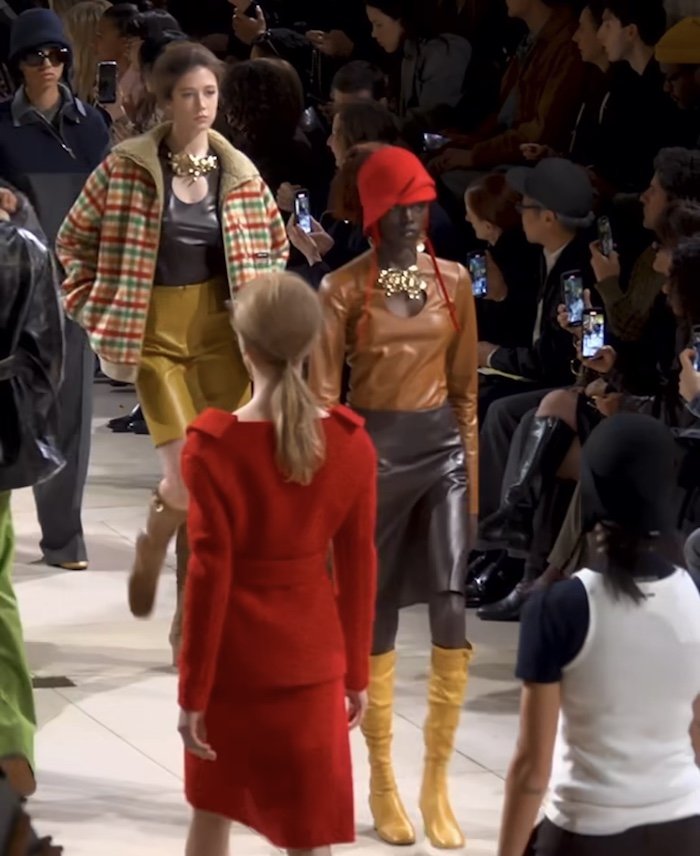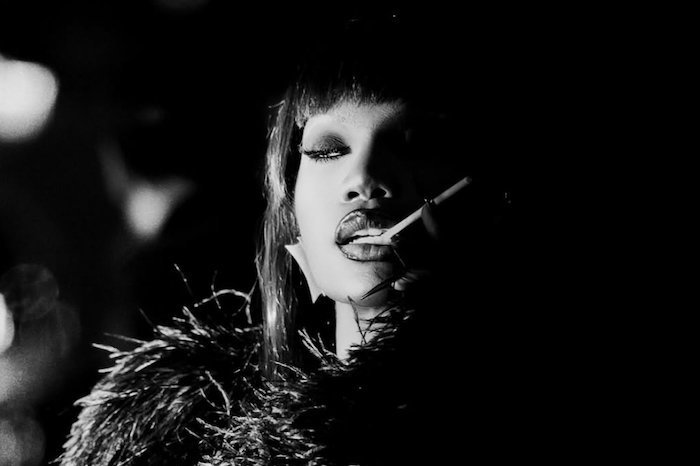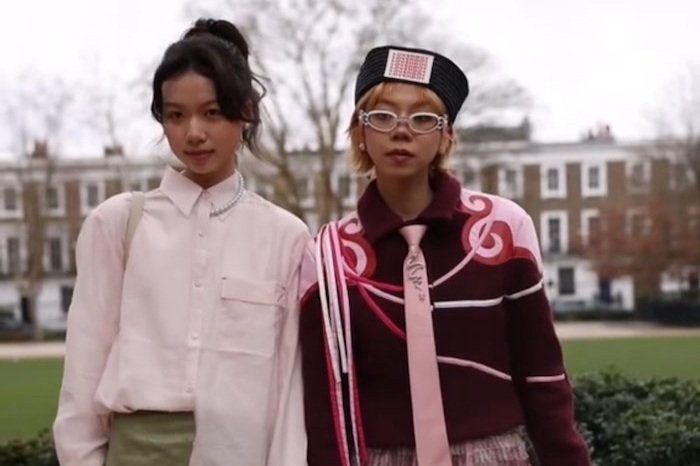5 Good Reasons To Watch Women Talking (No Spoilers)
The dramatic film Women Talking directed by Sarah Polley and based on the book by Miriam Toews brings us into a tight knit, isolated religious colony in 2010. Most of the hard-hitting scenes takes place in a barn where the women gathered to discuss the decision to stay or leave their Mennonite colony once and for all.
Collectively these women have gone through emotional, physical and sexual abuse within their community and families, without a right to defend themselves or speak against their attackers. The men are not governed, as they do as they so please without any social or criminal consequences. There is not just systemic trauma, but also generational trauma.
Within three generations, the mothers, the daughters and their young daughters, they have endured and most likely have only known men to be rude, overbearing, violent and unsympathetic to women. The film focuses on the women discussing in depth and so very carefully and thoughtfully if whether they should stay and fight or leave - for good.
This is a film that is timely and will stick around in your mind probably forever if not a very long time. It will stay with me anytime I happen to catch a sunrise or when I hear a certain song. For a story that revolves around women who felt they were without voices, these women said everything right about wanting change and how with change comes a safer life for their children.
Without giving away any spoilers, here’s what I think is worth taking from Women Talking.
WOMEN LAUGH AS MUCH AS THEY CRY
It was good to see these women amidst one of the most crucial decision-making moments of their lives, that they could still laugh wholeheartedly. During and even after traumatic experiences, a woman can somehow find a way to ease the pain just enough for her to keep getting by. And I’m pretty certain that any woman can know exactly what that means. Sometimes the healing starts with a cynical laugh accompanied by a sympathetic smile, all to show that the pain and trauma were not for nothing. She is still here, in survival mode.
A MOTHER
A woman’s thick skin is noticed the second she keeps going and doesn’t give up. You can recognize a mother when she is able to do whatever is necessary to protect her child. Living within the confines of a strict religious colony such as theirs, the lines between good, right and wrong can sometimes dim when it comes time to show your maternal superpowers.
OPEN HEARTS OPEN MINDS
The thing that I will remember most about this film is the way these women accepted. A young girl Nettie who identified as a boy transitioned herself (perhaps not biologically as I’m sure it was prohibited in their colony) physically. No longer seen or referred to as Nettie, but as Melvin and these women found no judgement, instead trusted Melvin with their children and still remained in their daily lives. What intrigues me the most is that here in a remote countryside, no access to media or technology, these women equipped with their stronghold religious and biblical beliefs, accepted Melvin as a person, regardless of an assigned gender.
DAYDREAM BELIEVER
There is a song that becomes the ongoing theme and mental motivation throughout the film, “Daydream Believer” by The Monkees. The first scene in which it plays is not only cinematically breathtaking. but a hopeful insight into these women. The lyrics might not fit into the right sentiment, but the scenery it portrayed and learning who these women are at this point in the film speaks hope. All they were able to do was daydream up until this one day.
THE DIFFERENCE BETWEEN LEAVE OR FLEE
I suppose one never has to wonder between the two definitions unless the need to decide between the two options arises. Most of the women’s arguments stemmed from questioning if leaving was the same from fleeing. Or were they totally different? Personally, I believe that one is an action and the other is a decision. You flee from something out of urgency with no second to waste, because your life could be in danger. You leave because it is time or rather time has run out. You leave because you know that it’s no longer safe and that you don’t belong in this situation anymore.
Women Talking is timely as well as timeless. There are women like these women who felt trapped in a colony overpowered by men who only abused them for work, childbearing and sexual proclivities. There are women in small towns and big cities who are faced with similar trauma and also find the desperate need to make a decision of whether to leave or flee.
Women Talking was nominated for an Academy Award Best Picture and whether that means anything to your movie taste, it’s a film and story that will resonate, teach and stay with you to remind yourself that women have voices.

